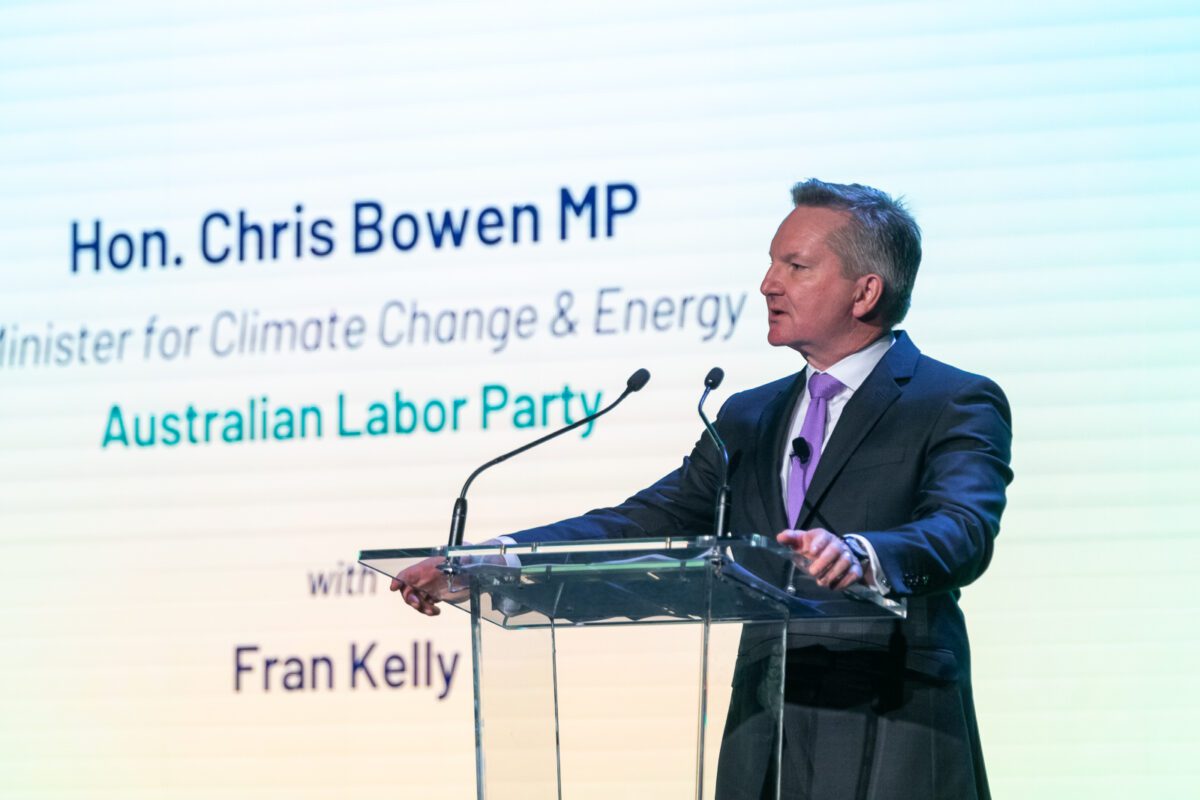Media Alert
The Carbon Market Institute (CMI) welcomes today’s comments by Deputy Nationals Leader David Littleproud indicating the party is open to supporting a net-zero emissions by 2050 target for Australia.
On ABC radio this morning Mr Littleproud said once his party has seen modelling of a net-zero by 2050 plan it will “have a conversation with our Coalition partners about what that looks like, and how regional and rural Australia plays a role in that.”
Mr Littleproud cited financial benefits for primary producers engaging in emissions-reducing programs such as carbon farming as one role that the agriculture sector can play.
John Connor, CEO of the Carbon Market Institute says: “Regional Australia has been a major beneficiary of Australia’s decade of development of carbon farming, and it can play an even greater role in a transition to net-zero emissions by 2050.
“Carbon farming in Australia has come a long way since the Carbon Farming Initiative Act was passed a decade ago. It is no longer a boutique industry, rather a springboard for regional economic development that provides new revenue streams for farmers, as well as substantial other economic, social and environmental co-benefits.
“The carbon farming industry is at a turning point and extra attention from the Nationals is welcome in further developing its benefits.”
Mr Connor says with well-considered, further evolution of Australia’s carbon market policies, Australia can ensure significant benefits for regional Australia in the decarbonisation and carbon sequestration requirements of the transition to net-zero emissions by 2050.
“CMI’s Carbon Farming Industry Roadmap highlights that with the right policies and ambition, carbon farming can support the development by 2030 of over 20,000 jobs and over $20 billion in carbon project revenue, most of which would be delivered to regional Australia.
“With the right policies, and a laser-like focus on integrity, our carbon farming industry can also become a major export industry of carbon reduction credits and expertise to a world increasingly demanding them.”
Mr Connor notes significant milestones in the carbon farming industry already, such as:
- Much of the $2.5 billion in the Emissions Reduction Fund set up by former Prime Minister Tony Abbott has been awarded to the land management sector through a successful carbon market, featuring reverse auctions twice a year. The vast majority of ERF contracts are land sector projects with over 80% of the abatement coming from the carbon farming methods in the land sector, with 82% in 2020.
- The Morrison Government has committed a further almost $2 billion over 15 years, and provided pragmatic support with ongoing reforms that include fast-tracking development of carbon farming and other ERF methods and a focus on streamlining audit and other processes to assist even greater engagement from the rural sector.
- Minister Littleproud is piloting a “Carbon + Biodiversity” scheme seeking to build on the ERF and similar initiatives in states like Queensland to provide payments to farmers for environmental services.
“CMI welcomes these pragmatic Coalition government initiatives,” says Mr Connor.
“However, we’re calling for the continued evolution of carbon market policies to include commitments to net-zero emissions by 2050, a stronger 2030 target, a strengthening the Safeguard Mechanism requiring major emitters to measure and manage carbon, and a $1 billion five-year Land and Environment Fund to, among other things, support innovation, reward ecosystem services, build resilience and promote climate solutions for farmers.
“CMI has been working with the Federal government on ERF method priorities such as soil carbon and blue (coastal) carbon, as well as landscape or method stacking initiatives which should feature in the next priorities to be established later this year.
“Last but not least, CMI has established the world’s first Carbon Industry Code of Conduct to ensure best practice from this industry in protecting farmers, consumers and native title interests.
“Like any new industry there have been, and will be, issues as it expands. CMI is committed to maximising the opportunities for regional Australia and effective climate action as we transition our economy to net-zero emissions before 2050.”
For interviews with Mr Connor, please contact Clare Price on 0490 252 743 or clare.price@carbonmarketinstitute.org.
The Carbon Market Institute is the independent industry association for business leading the transition to net zero emissions. To interview CEO John Connor contact Clare Price 0490 252 743 clare.price@carbonmarketinstitute.org



